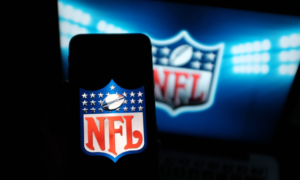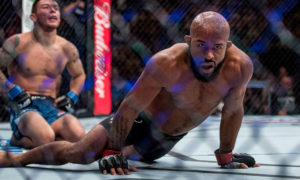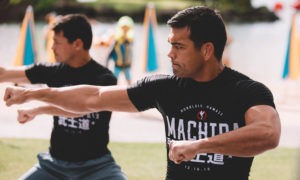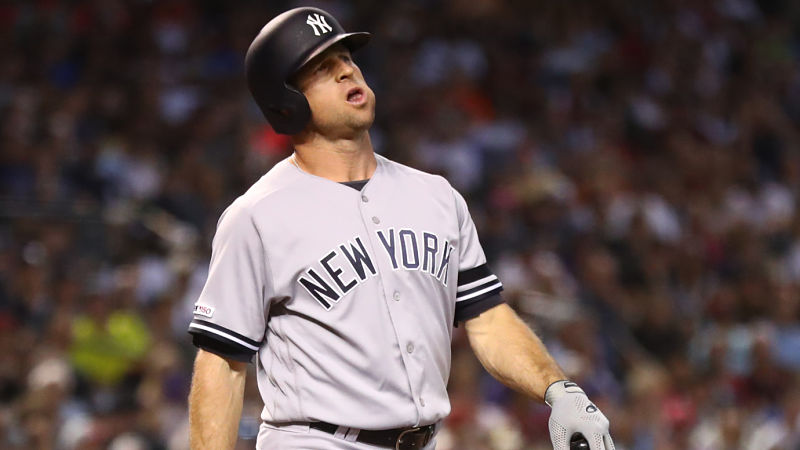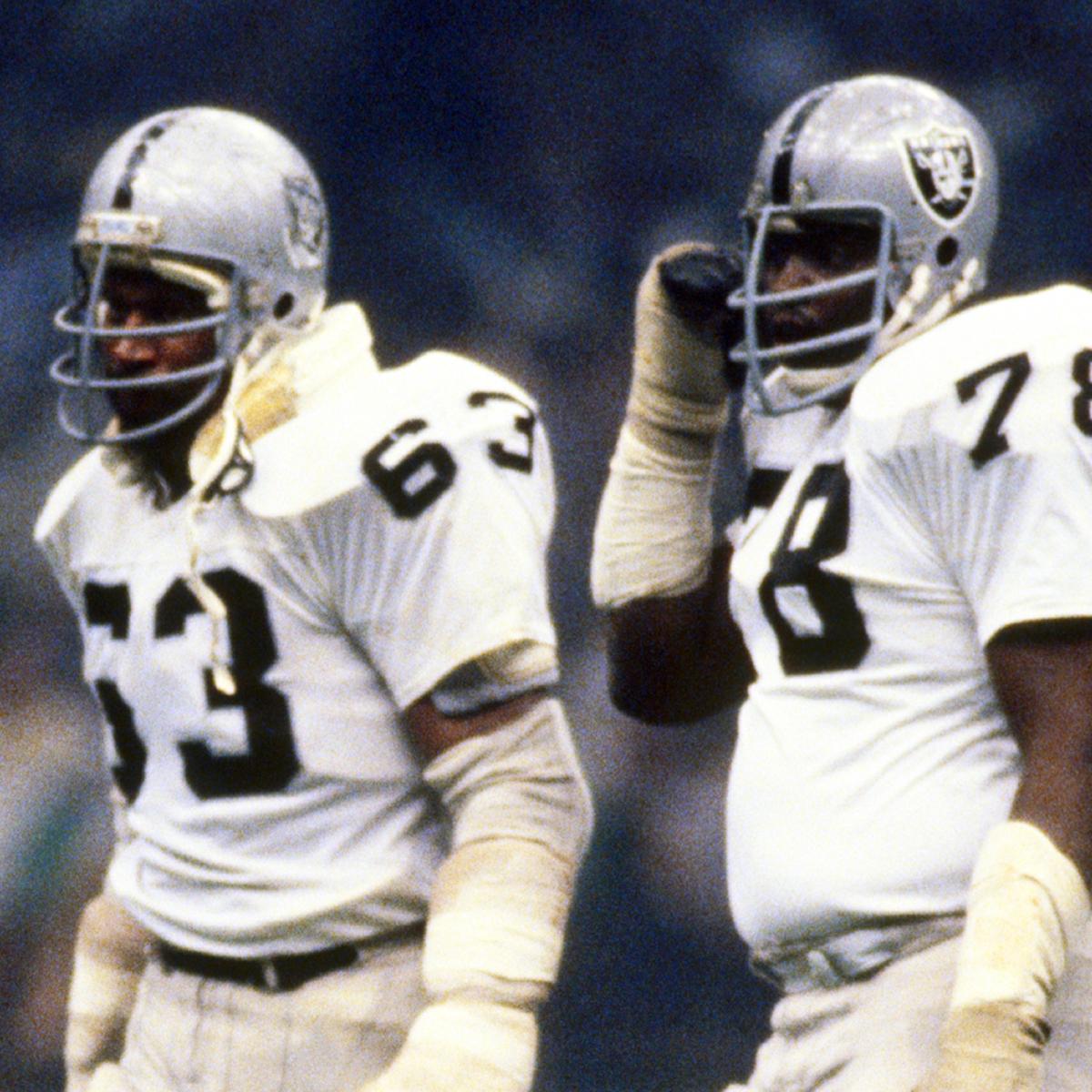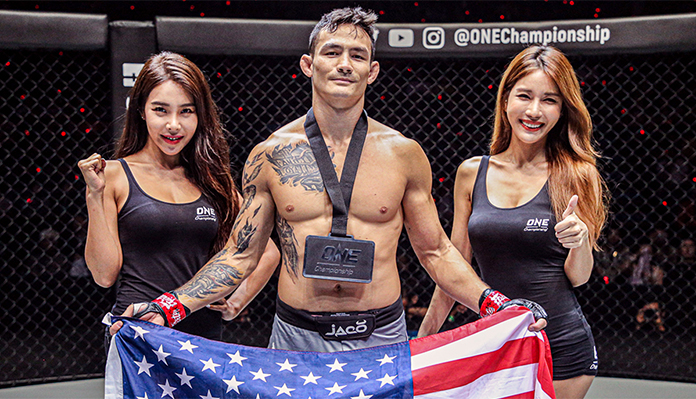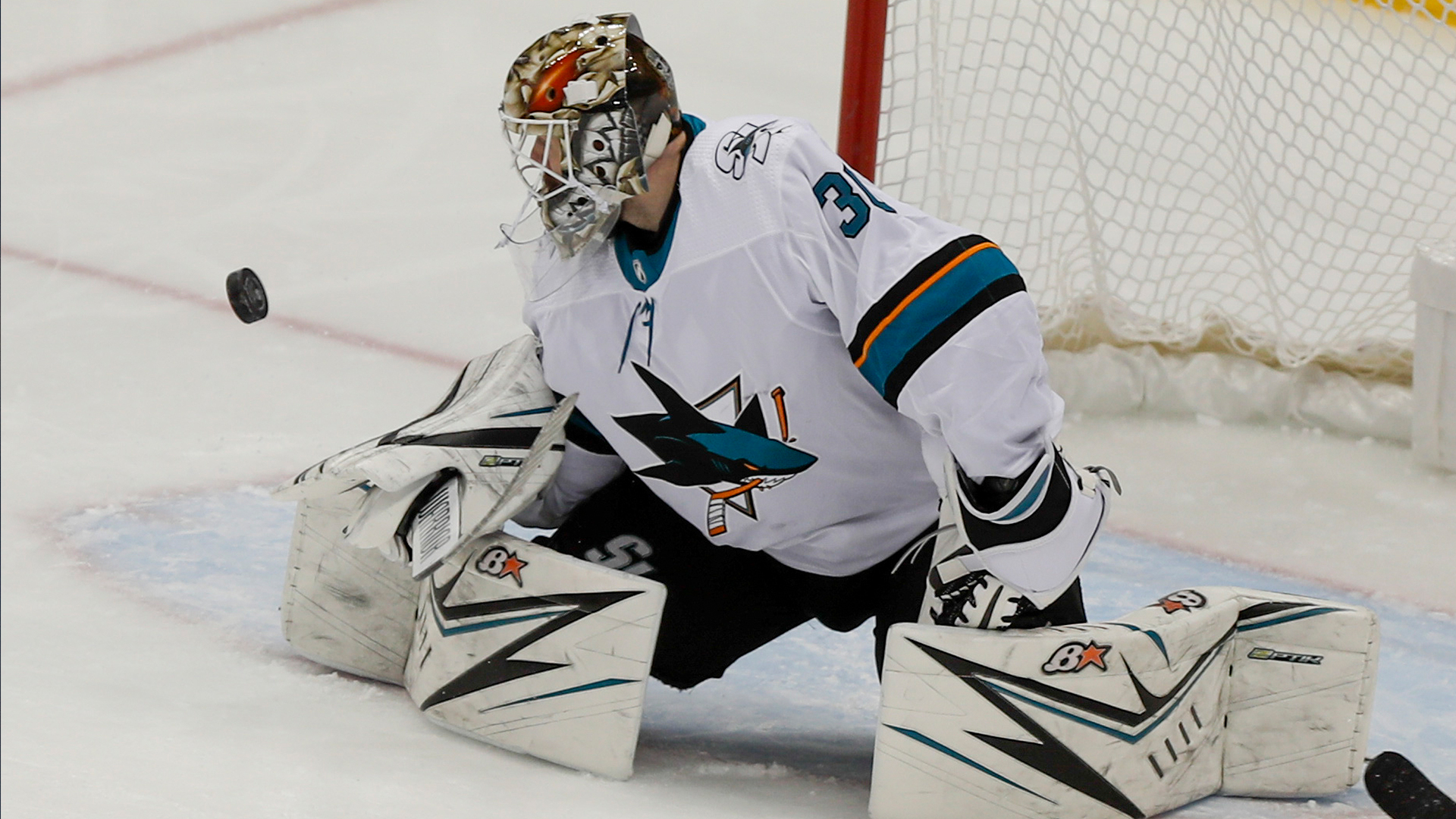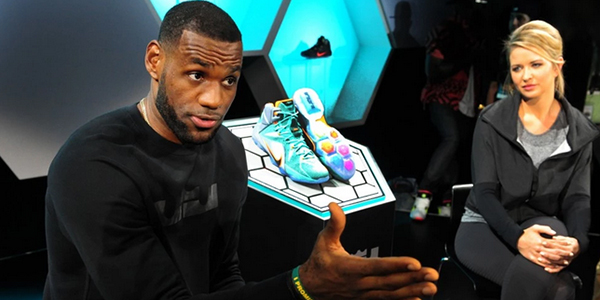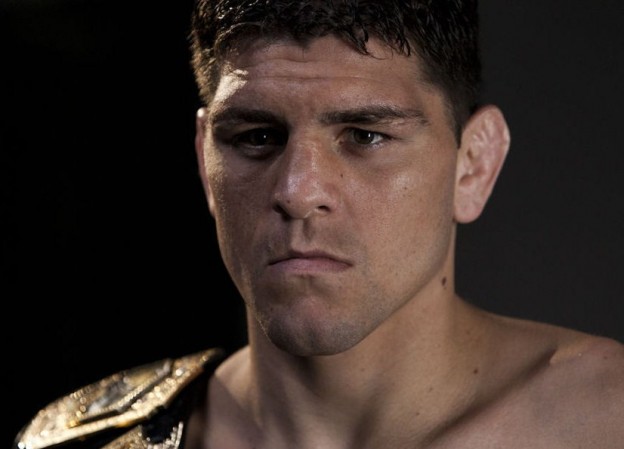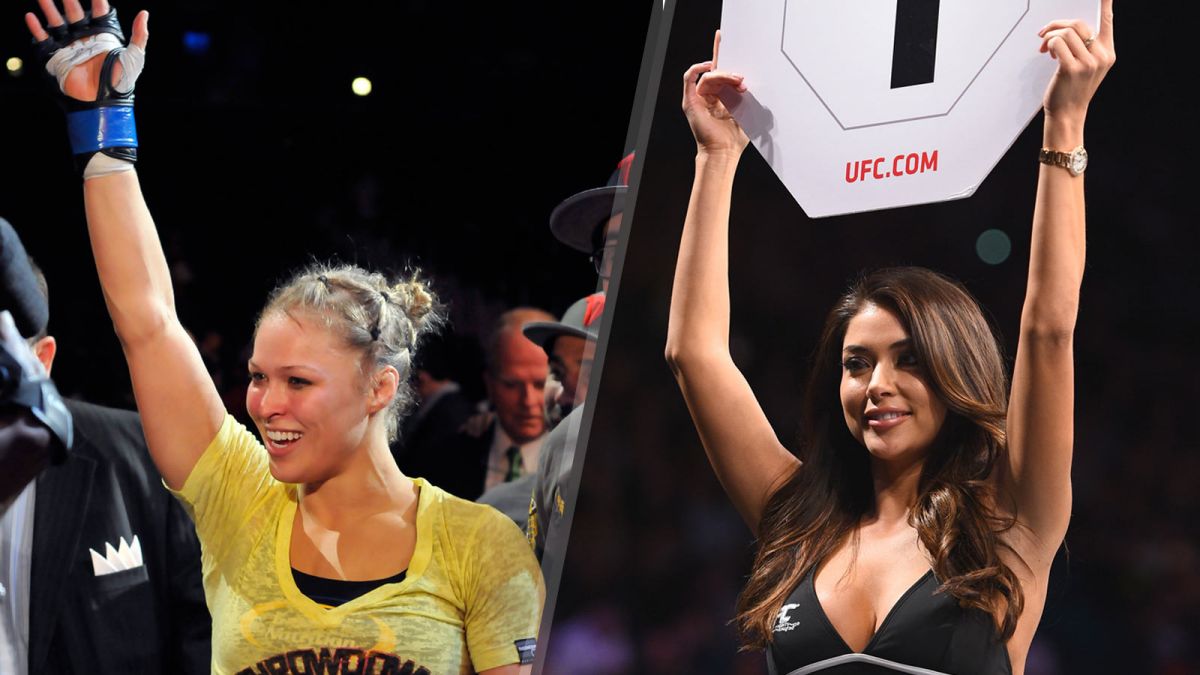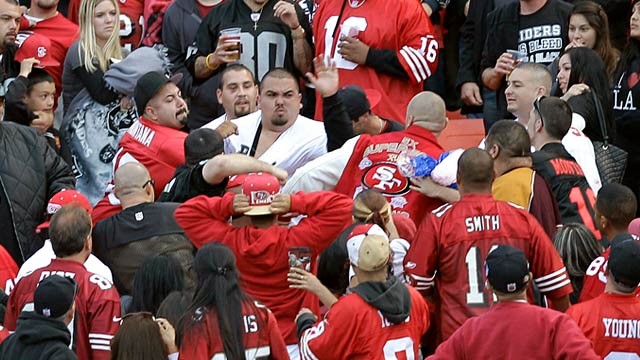New York’s fifth-round draft pick this year dealt with cancer twice en route to realizing his pro baseball dreams.
Eric Orze stared at his TV screen in disbelief. He had just gotten off the phone with Jet Butler, an area scouting supervisor for the New York Mets, who told him the club was going to select him in the fifth round of the 2020 MLB draft. MLB Network’s Matt Vasgersian announced the pick on television, and Orze’s family and friends supporting him in their Carol Stream, Ill., home rejoiced. Congratulatory messages poured in. But Orze was fixated at the screen in front of him. He didn’t know how to react. Scream? Jump up and down? Cry?
“I don’t even know how to describe it,” he says of how he felt hearing his name called.
The night of June 12 was the culmination of a journey that saw Orze deal with two different types of cancer and endure multiple surgeries over the last two years. At a time when most college players are making their final impressions on MLB teams, the 23-year-old had to stabilize his life off the field. Remarkably, he still realized his pro baseball dreams, but it was far from the linear path he imagined.
In months that followed his initial cancer diagnosis in May 2018, he had to put baseball—“his whole life,” says Eric’s mother, Lynn Orze—on hold. And in the years since, he’s had to reevaluate his habits and priorities. Following a tireless rehab, he returned to the mound, only to have the coronavirus pandemic end his college career.
He’s come not to take anything for granted.
“It’s been a constant learning experience,” Orze says.
On the morning following the draft, after the immediate celebrations subsided, Orze understood he had plenty more to do. “If baseball comes back tomorrow, did I do enough today that’s gonna allow me to move closer to being a big leaguer?” he asked himself. Months later, after baseball’s most trying summer, it’s how he’s staying ready for whatever life might throw at him next.
***
Throughout Orze’s junior season at the University of New Orleans, the Privateers pitcher felt pain in his lower abdominal area. For a while, he chalked it up to filling in as the team’s bullpen catcher, a position he hadn’t played since high school. He assumed it was the result of squatting down in uncomfortable positions. But at the start of Mother’s Day weekend in 2018, Orze woke up at 4:30 a.m. in excruciating pain. He was having trouble breathing and struggled to move. He called the team’s trainer, and they rushed to the nearby Ochsner Medical Center hoping to get rid of his discomfort. He underwent an early-morning ultrasound. But the eventual diagnosis far surpassed anything Orze thought his pain was from.
He was told he had testicular cancer. His right hand started shaking. He broke down in tears.
“It kinda hits you for a second,” he says. “It just puts everything in perspective, baseball and life.”
Eric’s mother, Lynn, was home, just outside of Chicago that morning when she received a phone call from a New Orleans area code. She didn’t recognize the number, but answered it anyway. From his hospital bed, Eric asked her what she was doing. “I just went grocery shopping,” Lynn responded, and the two made brief small talk.
“Eric, what’s going on?” she pushed.
But her son didn’t immediately reply. Lynn instead heard the team’s trainer telling her son to take deep breaths.
“Eric, you’re really starting to freak me out. You need to tell me what’s going on,” she repeated.
“Mom, they just told me I had cancer,” he said.
“What do you mean? What does that mean?” she responded.
By the end of the next day, Lynn and her husband, Rick, had flown to New Orleans to be with their son. In the intermittent hours, his teammates created a GoFundMe to help offset some costs. “He didn’t realize he was loved so much,” Lynn says. On Monday, Orze had successful outpatient surgery. And by mid-week, he pleaded with Privateers head coach Blake Dean to allow him to go on the team’s upcoming playoff trip.
“Baseball has always just been his outlet,” Dean says.
Orze would face another medical hardship not long after his first. By late July, he had already undergone a follow-up surgery to remove a tumor, but he needed an additional procedure to rid himself of some swollen lymph nodes. Just days after the operation, a fluid buildup in his lungs brought him back to the emergency room, where a doctor noticed a mole on his back and recommended he look into it further.
It turned out to be stage-zero melanoma.
“It was almost frustrating for him at that point,” Lynn says.
In the span of three months, Orze had gone from chasing his major league dreams on the mound to having his world rocked by two different cancer diagnoses.
The skin cancer led to additional procedures. He still has scars on his neck and back from all the surgeries. Each passing procedure prolonged his recovery and extended his time off the mound. He was cancer-free again, but remained baseball-starved.
“He was determined,” Lynn says. “It would have been easy for him to give up. He spent maybe 24 hours feeling sorry for himself and then was like, ‘We’re going to tackle this.’ ”

***
Seven months ago on Feb. 14, still weeks before the COVID-19 pandemic would wreak havoc on the United States, the University of New Orleans baseball team hosted Southern University. Orze remembers it as a cold and windy night. Upon entering the game in the seventh inning though, he felt as if the drafty game conditions went away. He hadn’t thrown a live pitch in 22 months. “I was actually pretty nervous,” he says. He walked his first batter on four pitches. Still, he was on the mound again.
At that point, almost two years since his last outing, Orze had redshirted a season. He improved his diet, eating more vegetables and fruits and less fast food, in an attempt to minimize future health issues. He started training more intently with Brent Pourciau, the founder of TopVelocity, a baseball facility geared toward developing pitchers. Together, the two worked on Orze’s biomechanics. He didn’t use his lower half enough while pitching, Pourciau says, and they built up his strength through a series of squats, lunges and deadlifts. “He’s like a sponge,” Pourciau says.
Orze’s broader perspective had also changed.
“Cancer kind of saved me and kind of opened my eyes to valuing more than just baseball and understanding there’s more to life,” Orze says.
Still, he craved competition, and his initial 2020 appearance—which lasted just 1 2/3 innings and saw three players score on five hits—left plenty to be desired.
Like he had done so often off the field, though, Orze recovered. The week after struggling vs. Southern, he tossed five scoreless innings against Arkansas State. The week after, Orze allowed one run across six innings against Connecticut. On March 7, in what turned out to be his final start with New Orleans, he threw seven overpowering innings, striking out 12. His splitter, which Dean describes as a “big league pitch,” stifled opposing hitters and complemented his mid-to-low-90s fastball. For his success, he was named the Louisiana Sportswriter Pitcher of the Week.
“He’s a kid who just is really born to pitch,” Pourciau adds. “He understands it really well.”
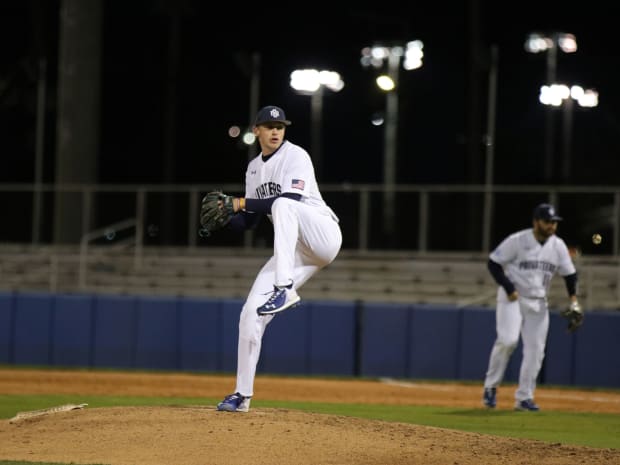
***
By mid-March, Orze was again left to grapple with an uncertain future. New Orleans’s season was canceled after just 17 games due to the COVID-19 outbreak. MLB’s regular season never even began. The specifics of the upcoming draft were more ambiguous, with the event eventually shrinking drastically from 40 rounds to five. Instead of the usual 1,200 players hearing their name called, only 160 would. Still, Orze heard his.
He returned to the New Orleans area after the draft, training with Pourciau in nearby Covington, La. He tried not to think too much about his future with the Mets. Five days a week, he’s been at TopVelocity, improving his mobility and biomechanics. Pourciau adds that throughout the summer, Orze’s upped his velocity.
“The kid works like a big leaguer already,” Pourciau says. “He’s every day in here grinding, happy or sad. He comes in days when he’s worn out, when he’s beat up. He’s built for greatness. Really is.”
Orze has met other Mets prospects through frequent video chats, trying, as best one can to get to know potential future teammates. And he’s watched more Mets games than ever. “This is a kid that will not quit,” Mets VP of international and amateur scouting Tommy Tanous told reporters after the draft. “He really won’t.”
In the last two weeks, Orze learned he had been called to attend Instructional Ball at the Mets’ facility in Port St. Lucie, Fla., starting Sept. 30. Despite being one of only six of New York’s draft picks, there are no guarantees about how his pro baseball journey will unfold. Yet he still relishes every moment on it.
“I think he’s got the foundation now,” Dean says. “He took something like cancer and found the silver lining in it, overcame it. He’s now living his childhood dream and understands the process of how hard you must work to continue to do it.”
——————-
Did you miss our previous article…
https://sportsgooru.com/mlb/how-one-pitch-helped-devin-williams-become-mlbs-best-reliever/

